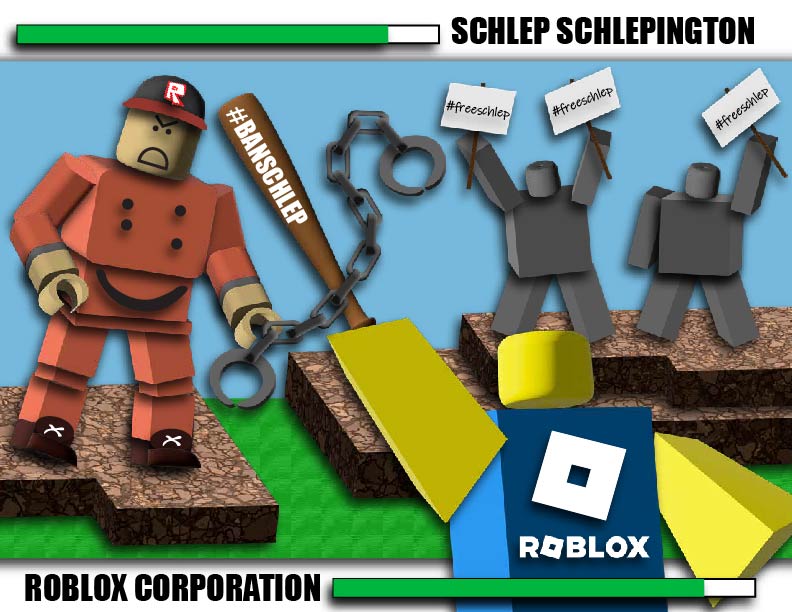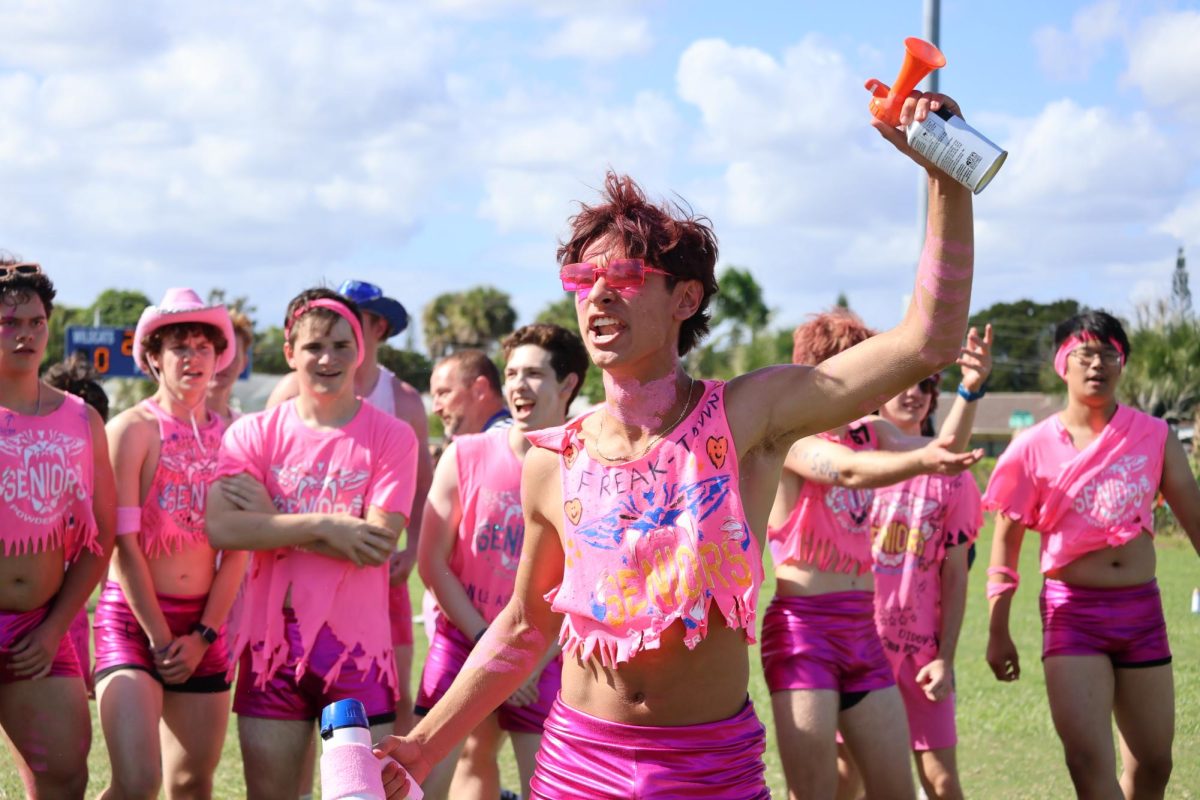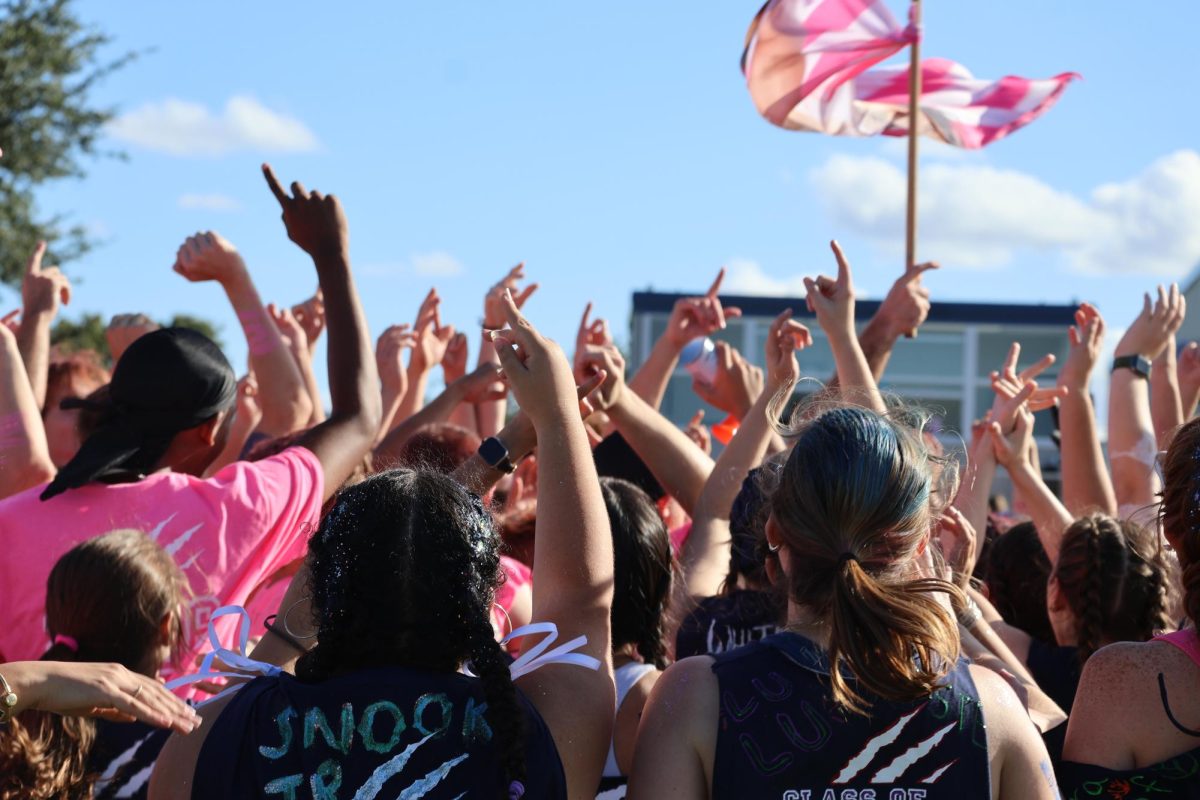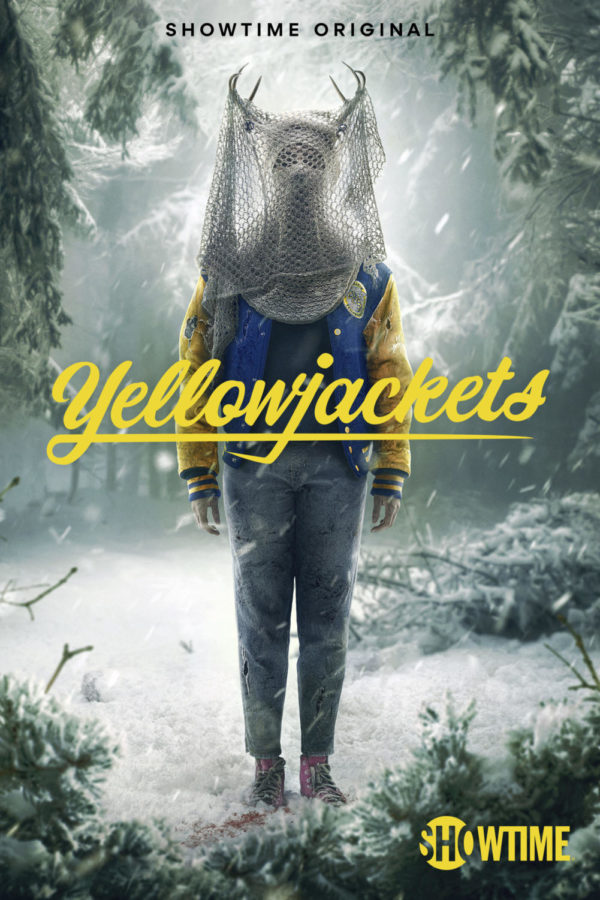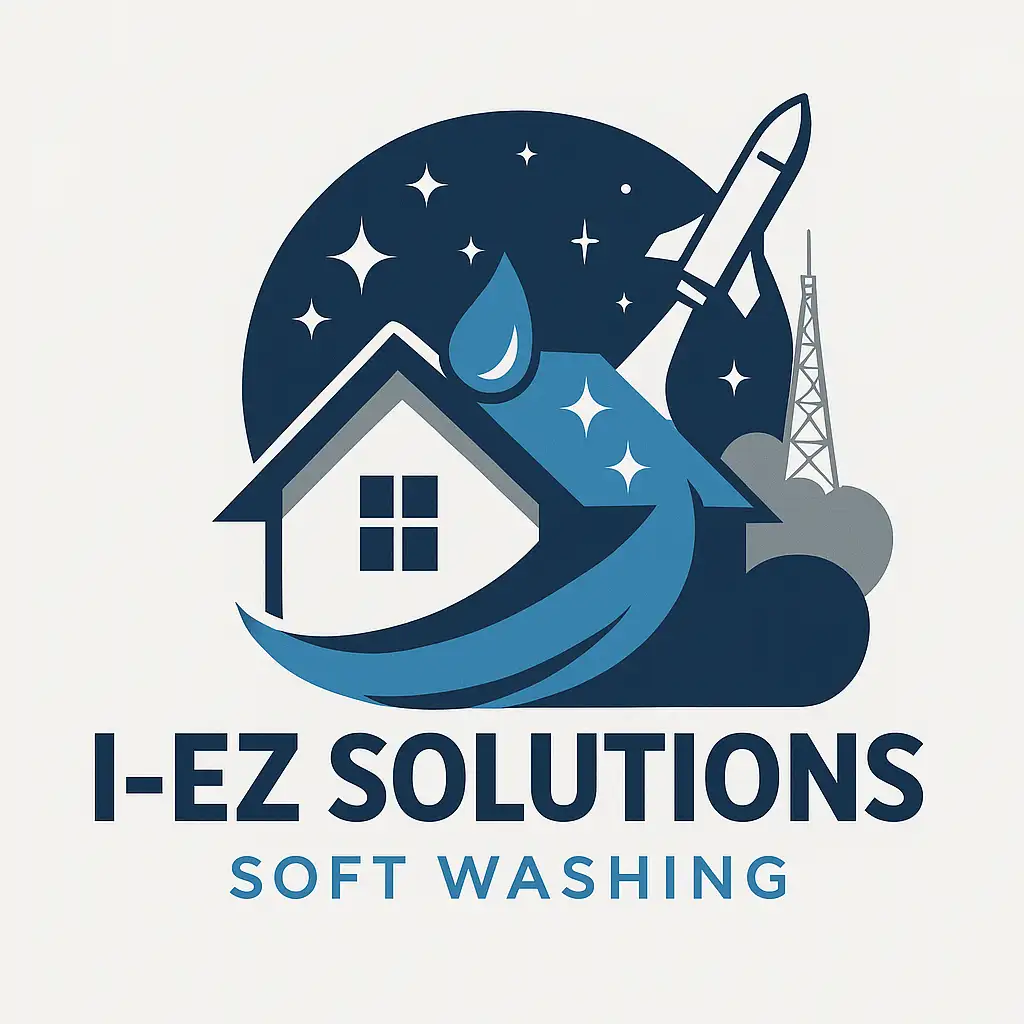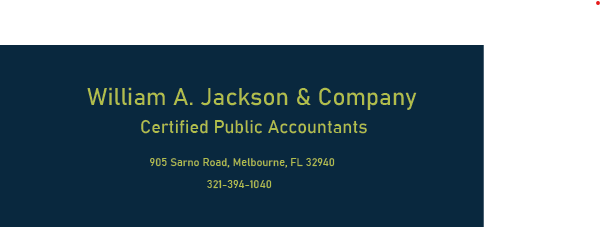Do the Write Thing, End AI Threat
May 20, 2023
On the streets of Los Angeles and New York, celebrities including Jennifer Coolidge, Mark Hamill and Bill Nye took to the streets. They weren’t signing autographs or posing for the paparazzi, however. They, along with thousands of actors and writers, were picketing.
The Writers Guild of America, or WGA, has declared a strike for all union members. The WGA is one of the largest workers’ unions in the nation, and striking has already halted production on several major projects, such as “Stranger Things,” “Yellowjackets,” “House of the Dragon” and “Saturday Night Live.”
The strike seeks to secure fair wages for employees in the era of streaming, which pays writers significantly less than cable television and also denies writers the chance to receive residuals, which are checks writers receive based on the continued success of a program.
Another major reason for the strike is the push from major studios to introduce AI-generated content into writers’ rooms, eliminating the needs for many writers altogether. This prospect is among the more frightening of the strike, as it poses a major threat to not only creative industries, but to workers on a wide scale.
AI programs like ChatGPT and Google Bard pose major threats to countless jobs, and the moment major studios are able to eliminate writers, many industries could take similar hits.
Film and TV writers are responsible for more than just writing scripts. They create the framework of the show, pitch it, write it, and many stay on set after scripts are written to make changes when necessary. Without any of these aspects of the job, the quality of TV when it reaches the screen drops substantially. Studios are aiming to replace the entire process with AI-generated content.
While AI may seem alluring and innovative in many respects, it completely ignores the humanity which is essential to the creation of art. AI software has genuine allure in many fields, and can be a useful tool for academic research. However, allowing it to create shows from scratch will not only eliminate countless jobs, but will result in worse television and film in the long run. AI programs like ChatGPT draw from pre existing content, making them both more susceptible to plagiarism and less original. Allowing AI to write major TV and film productions could have a detrimental impact on the quality of the art on a wide scale.
Beyond just quality, there is also a philosophical argument to be made for human writers being able to continue their work. Writing is an essential part of humanity. Writing is how humans understand our past, make sense of the present, and anticipate the future. It is how we express grief, joy and every feeling in between. Writers capture moments in history, and when brought to the screen, the work of these writers has the ability to change lives. Creative writers form the foundation of massive film and TV crews, all working tirelessly to bring stories and characters to life.
The WGA strike seeks, in large part, to maintain this connection. Writers across the nation aim not only to protect their livelihood, but to maintain this connection between writers and audiences, to keep TV and film at their very best. This strike has an impact on anyone who watches TV and film. Supporting this strike helps to secure the rights of these writers in an essential time. It also helps to prevent AI from creeping into more industries in the future. Working to keep computer-generated creative content out of writers rooms now may have a major impact on the shape of countless industries in coming years, helping to protect the rights and livelihood of workers across the nation.



![Sophomore Isabelle Gaudry walks through the metal detector, monitored by School Resource Officer Valerie Butler, on Aug. 13. “I think [the students have] been adjusting really well," Butler said. "We've had no issues, no snafus. Everything's been running smoothly, and we've been getting kids to class on time.”](https://westshoreroar.com/wp-content/uploads/2025/08/IMG_9979-1200x800.jpg)













